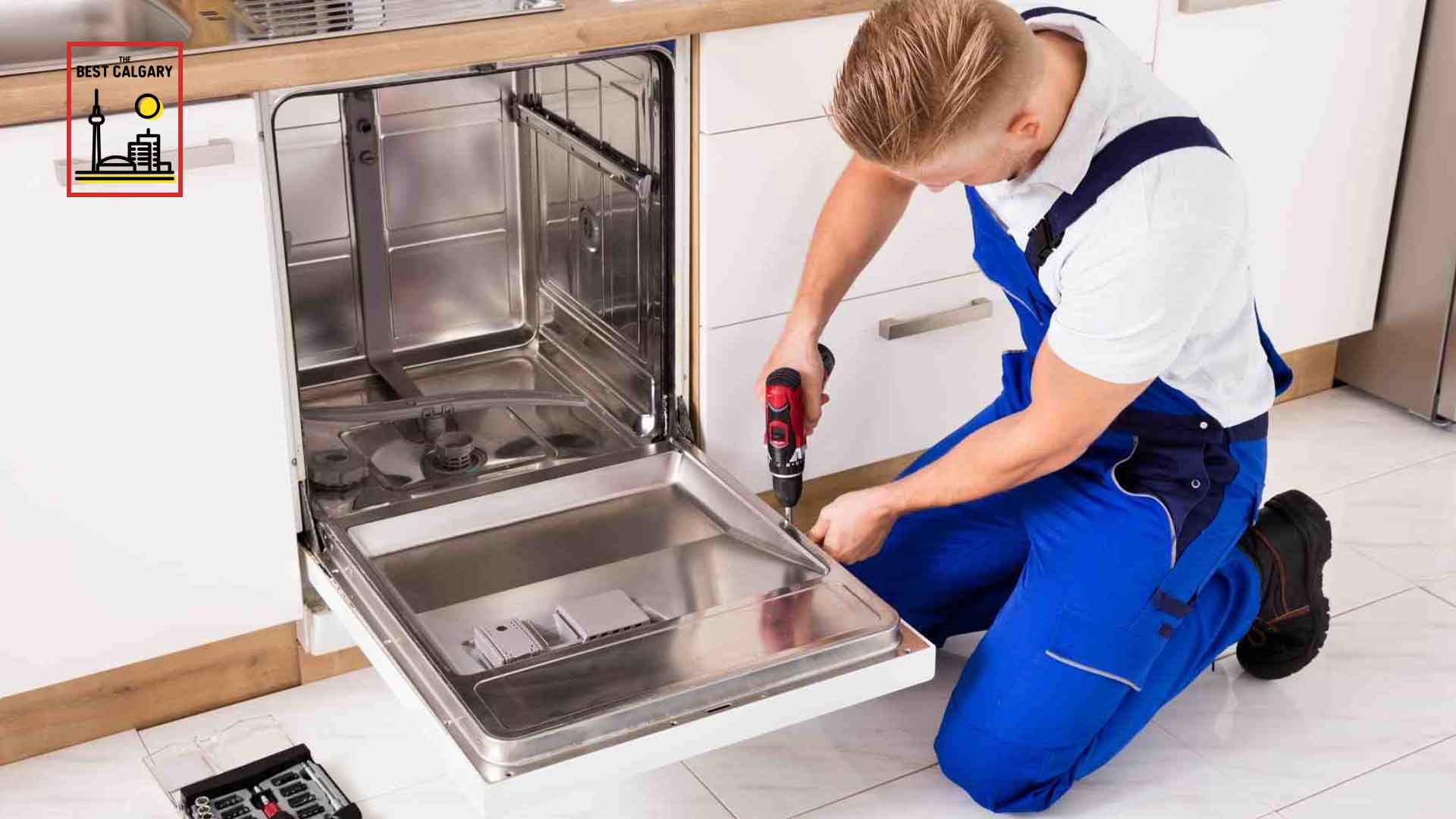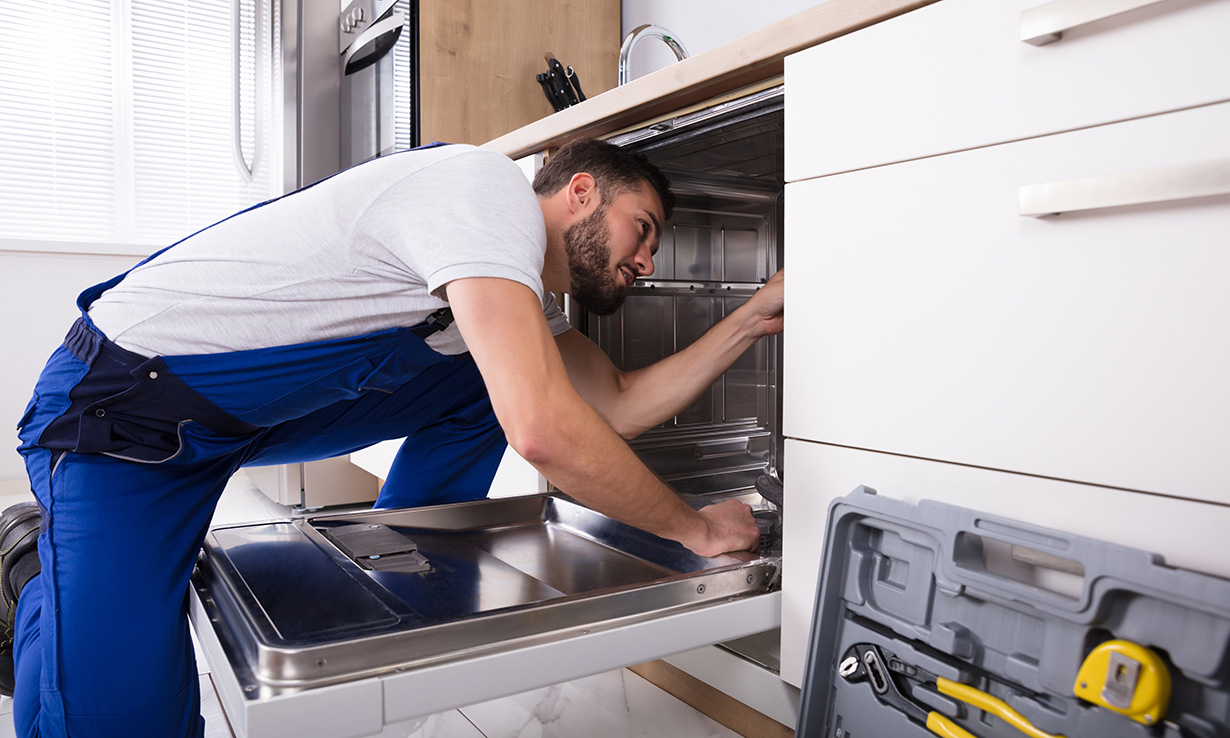Book Today
Right here down the page you'll find lots of dependable insights about Don’t Let an Earthquake Damage Your Plumbing.

The key to long lasting appliances, unsurprisingly, is proper maintenance. There's no hard and fast policy that can ensure your plumbing appliances a long wear, but you can avoid unneeded damages as well as repair work by preventing negative plumbing habits.
You should quit doing these 6 points else you'll maintain calling your plumber over for minor faults.
Flushing everything
Yes, your toilet drain causes the drains, however that doesn't suggest you should dump just anything down the drain. Many 'flushable' materials are in fact fantastic clog beginners, for instance dental floss. Asides keeping obvious non-flushable products like cables as well as plastics out of your toilet, you should additionally prevent flushing cotton buds, menstrual items, wipes, daipers as well as prophylactics down the bathroom drain.
Putting grease in the sink
We understand appropriately throwing away grease after a hearty meal is a discomfort. But merely pouring it away can do long-lasting injury to your pipes. "The fat as well as oil can block your drainpipe badly sufficient to compel you to call a plumber," discusses Dawson. "Plumbing works best when it's well looked after-- not abused with grease."
Utilizing way too much drainpipe cleaner
Using a drain cleaner greater than one or two times a month is an indicator that something serious is taking place within your pipelines. Currently, as opposed to encountering the main issue, you opt for a quick fix; a fizzy drainpipe cleaner. Rightfully, a drainpipe cleaner will look after the blockage, yet at what price?
The chemicals in a drainpipe cleanser can speed up the deterioration of your pipelines. Add that to whatever underlying problem is causing the clog and also you might have to a major problem on your hands.
If you experience too many obstructions, call your emergency plumber as opposed to utilizing a drain cleaner.
Not washing meals before filling them into the dishwasher
it's called a dish washer, however tossing in meals, pots, and frying pans covered in big food fragments can really create some major damages to the home appliance, bring about long-lasting troubles down the line. "Property owners might have to get their dish washer repaired more frequently if they do not wash their meals before packing, or at the very least eliminate bigger food items," explains Audrey Monell, owner of Forrest Anderson Plumbing and also AC in Glendale, Arizona. "Food that gets stuck on dishes triggers the dishwasher to work harder, which can wear down parts quicker, leading to issues."
DIYing every little thing
With plumbing, a stitch in time actually does conserve nine. You can stop a fullblown plumbing emergency by calling your plumber at the right time.
You may have learnt a few plumbing hacks from your dad, however you should understand where to fix a limit and also call a specialist. As an example, you might be able to take care of an obstruction yourself, but you should not try to transform a pipe. You could inequality pipes or overtighten a screw, causing even more injury and damages than you thought. Calling a plumber is a secure and also cost effective choice.
Not altering your dishwasher pipes
One easy method to guarantee that you utilize your dishwasher for many years is to change the hose a minimum of as soon as in 5 years. This also gets washing device pipes.
With time, food bits, soap as well as oil can create obstructions within your pipelines. Changing them promptly will certainly protect against any presure build up that can harm the inner operations of your dishwashing machine or washing device.
A strengthened steel braided hose does a great work of lengthening your maker's use time.
No winter preventative measures
Extreme weather misbehave for your pipelines, especially if they're constructed from steel. You should insulate your revealed pipelines, as well as your water container, even if you have a water heater. You should likewise switch off your yard hose pipe shutoff and any other exterior water channels. These channels are outlets for cool; you pipes can start to ice up from outside if you do not.
Ways That Hard Water Affects Your Plumbing And Appliances
CLOGGED DRAINS
Calcium and magnesium from hard water go beyond the drain screen that you clean. Each time water passes through the drain screen, the minerals attach to the sides of the pipes and other hard water deposits. As you continue to use the drain, more of the minerals attach to these deposits, eventually clogging the drain. Most drain cleaners remove only a small amount of the minerals, so the drain continues to run slow and back up water in your sinks, tubs, and showers.
DECREASED WATER FLOW
Do you have a faucet that runs slow even when you increase the water flow at the valve? Hard water deposits not only affect how water runs out of your home but also how water is delivered to your faucets. When calcium, magnesium, and minerals build up in pipes, it slows the flow of water and also builds up pressure inside the pipes that causes a backflow of water.
CORROSION
Calcium and magnesium have properties that are destructive to certain types of metal, many of which are used for plumbing in older homes. The minerals slowly break down the metal in your pipes. This can cause leaks, breaks, and even discolored water. If the corrosive section of the pipe is not repaired and the hard water deposits removed, entire sections of your plumbing may disintegrate. You may end up replacing a large portion of your plumbing system. Corrosion can happen on any metal surface, not just your pipes. Calcium and magnesium can also cause corrosion on your faucets, drains, valves, appliances, and fixtures.
REDUCED WATER QUALITY
You rely on your plumbing system to deliver clean water for cooking, washing your clothes, bathing, and many other daily tasks. Hard water has small particles of minerals in it. The water is safe to drink, but it is not ideal for your appliances. The minerals interfere with how soaps and detergents work to remove dirt, food, oils, and other substances. As a result, you must use more cleaning products, and your appliances have to work harder to clean dishes and clothes.
BROKEN PIPES AND LEAKS
Broken pipes and leaks from hard water happen in two ways. First, hard water is corrosive to the materials that are used in older homes. Eventually, minerals eat through the pipe and create a small opening in the side of the pipe. The opening grows larger and larger until you have a major leak on your hands. Second, the mineral deposits inside the pipes prevent water from flowing through efficiently. If the water is pushed through the plumbing at the same volume, pressure builds up, and eventually, the pipes and connections fail.
ENERGY EFFICIENCY
Hard water and mineral deposits in your plumbing affect the energy efficiency of your appliances, even the older models that do not meet modern standards. When you find a white residue on your dishes or your clothes don’t feel clean, you may find yourself running the wash cycle a second time. This requires more energy use and raises your utility bills. Some newer high-efficiency models of dishwashers and washing machines have sensors that detect when items are clean. Hard water deposits on the dishes or clothes will trigger the sensors and cause the appliance to run longer.
Another way that hard water affects your budget is the investment you make in products for hard water deposits. Rather than spending your money on higher utility costs and household products, invest in a water softening system from Beyer Plumbing Co. to prevent the problems of hard water.
WEAR AND TEAR
Hard water deposits build up on the connections, drains, and jets in your washer or dishwasher that circulate the water and clean your clothes and dishes. As a result, water may collect inside your appliances, creating the ideal environment for corrosion, mold, and other damaging substances. The components break down sooner, and your appliances may not last as long as expected. In some cases, the lifetime of an appliance may be reduced by three or four years simply due to hard water deposits. Using soft water in your appliances ensures that you get the maximum return on your investment.
https://beyerplumbing.com/9-ways-that-hard-water-affects-your-plumbing-and-appliances/

I found that review about Can Hard Water Ruin Your Appliances? while doing a search on the search engines. Liked our review? Please share it. Help someone else discover it. Many thanks for taking the time to read it.
Browse Our Site